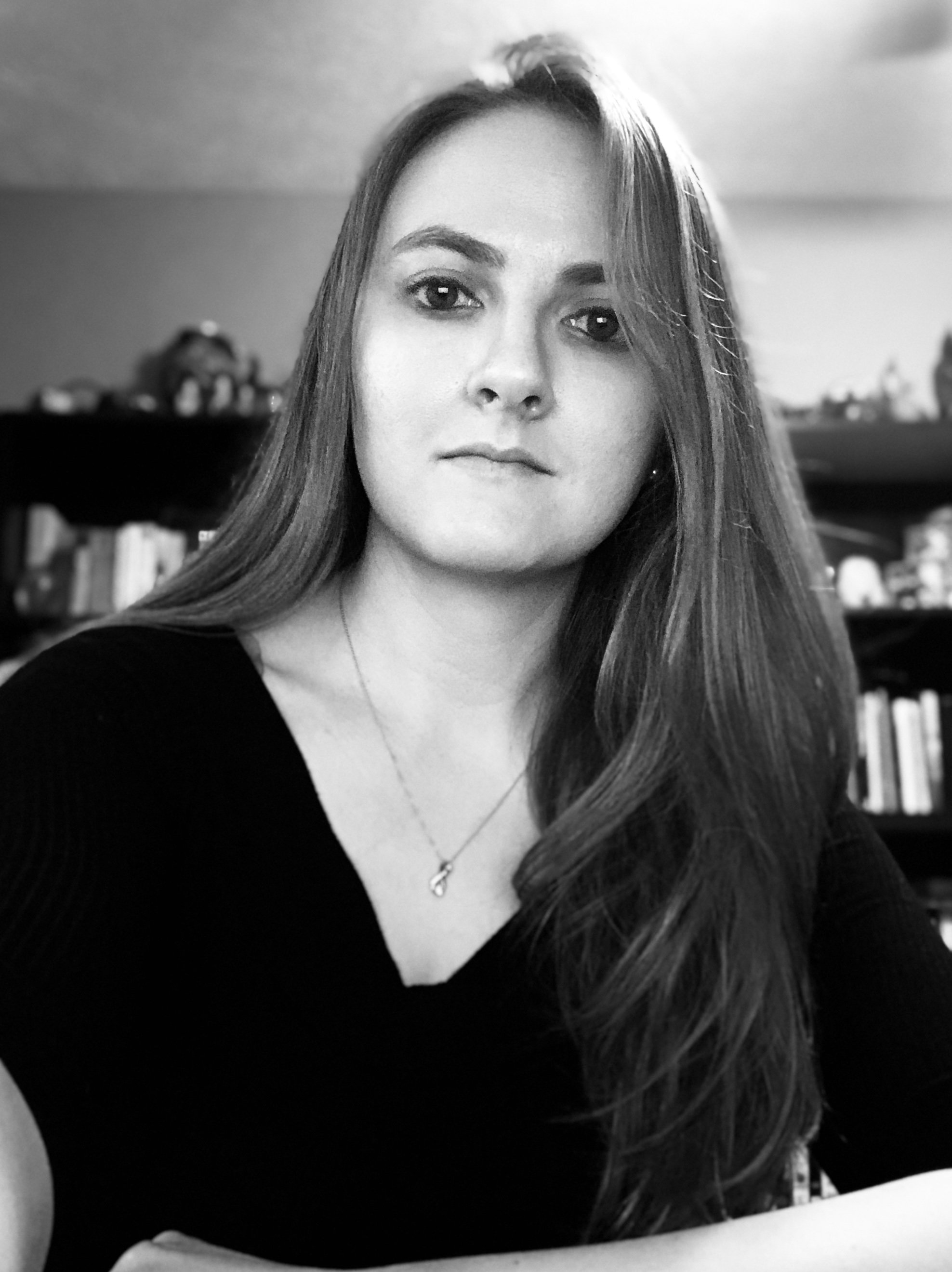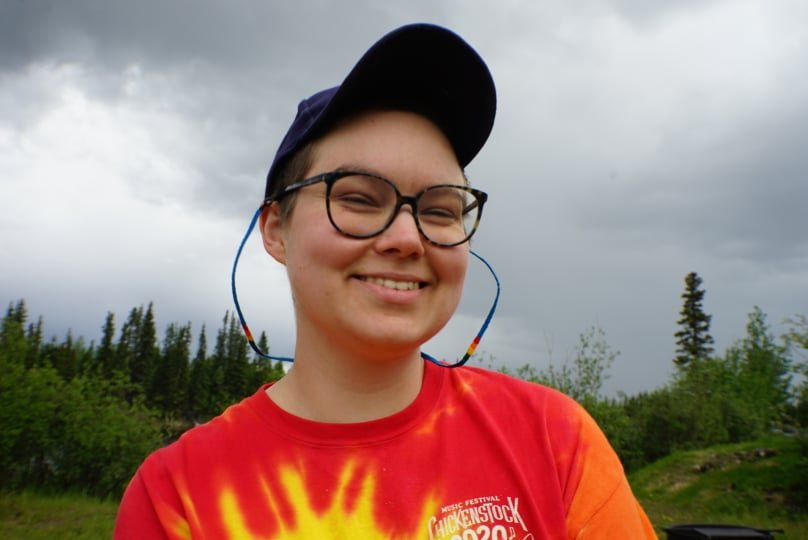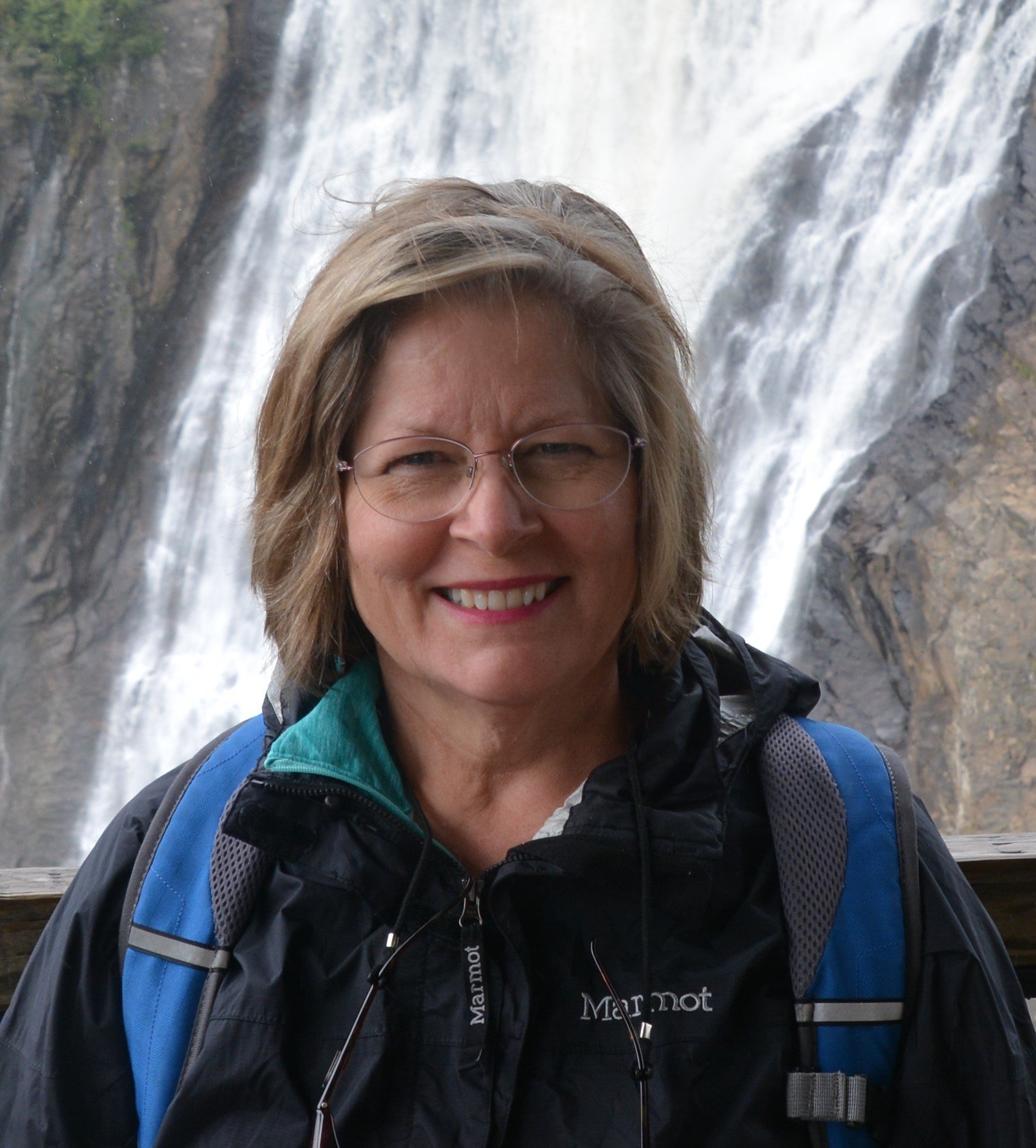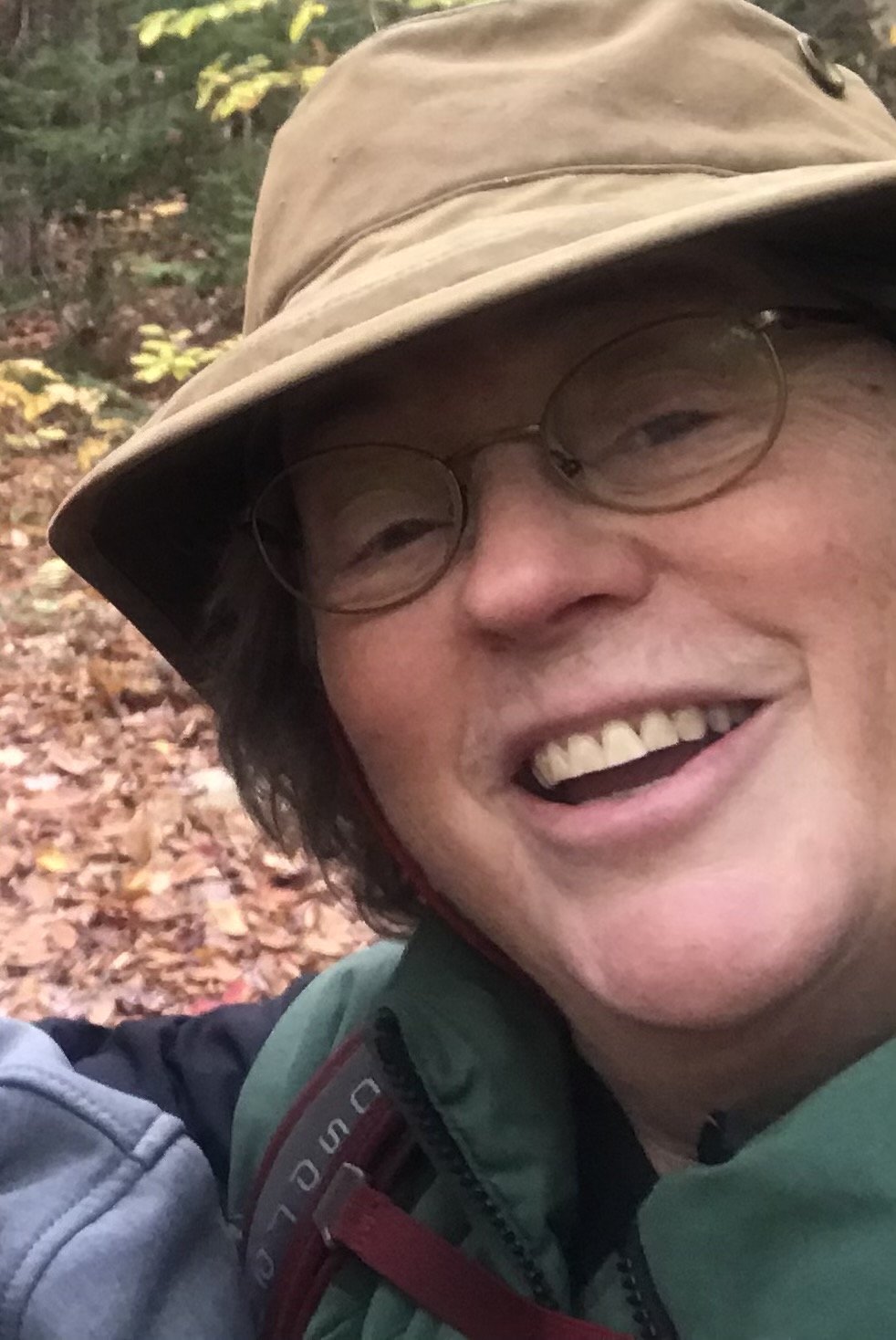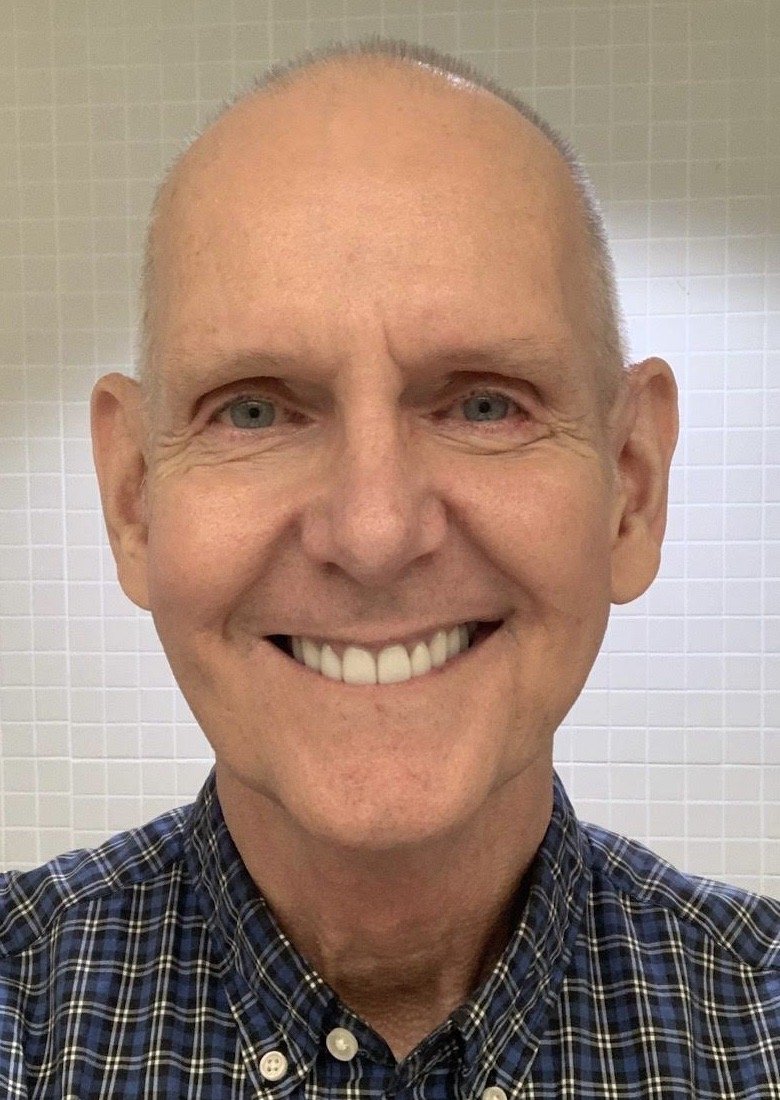above ground
sam floyd
If I had ten just like you, the doctor told my wife,
I’d expect eight to survive.
She meant, survive to die of something other than
breast cancer.
My wife has a friend who smokes heavily and rides a
motorcycle to work every day;
she was disappointed that he planned to quit smoking
but then decided not to.
My feeling was that if he didn’t also plan to stop
riding his motorcycle, there wasn’t much point in
his quitting smoking.
I’m losing my life and my wife every day.
I’m not sure anymore to what extent I ever really
had either. I’ve been pretty stupid actually,
about the whole thing.
A famous avatar has remarked, so I’m told:
We are not our bodies.
My wife, however, has fought a war the last six months
for her body, beaten back the enemy.
Now we are mourning the losses that come with war.
According to an unpublished Court of Appeals
decision I read at the office the other day,
the Commonwealth indicted three men for raping “T.D.”
on the darkened porch of a burned-out house
while they sat drinking and taking pills.
“Following these attacks,” the opinion recounted,
“the men trundled the victim, naked but for a sleeping
bag wrapped around her, deep into the woods
where she was raped once again. An eyewitness described
his incredulity as he watched Appellant next lead
the victim to a newly dug grave into which she silently
laid herself down. Appellant then pulled back the hammer
of his sawed-off shotgun and killed T.D.”
A fellow prosecutor reminded me recently, as we spoke of my
wife’s illness: Every day above ground is a good day.
Perhaps T.D. came to believe otherwise.
I see myself these days as a face in a streak of
rainwater, a dark reflection on wet glass. Rooms are visible
behind me, with walls connected by doors and angles.
While I am not my body, I believe that every day my body is
above ground may or may not be a good one.
According to current defense estimates, at least eighty percent
of my wife has survived the war but not all of that
eighty percent has come home to me yet.
Maybe some of it never will, forever missing in action.
It’s like how you know in a given situation, when the
attorneys show up, regardless of how the litigation turns out,
you’re screwed.
All of the wife I knew died when she found the lump,
but I didn’t realize it at the time.
I am now married to a luminous apparition with scars.
She is grieving and healing, brilliant and shining.
In many respects she is still much too hot to handle.
Since I never expected to have a wife, I am continually
amazed. Transfigured, she has become a meteor shower
passing through the house, a promise of new life,
a wondrous sign in the heavens.
The guy who committed the rape and murder was not
sentenced to death. He got seventy years. He survived
to die of something else.
I change constantly like a downpour against
a midnight window. I have never been my body.
The one I was born with is long gone. The one I’ve got
now is smeared, wearing thin.
I can’t possibly love my wife enough. How can I
when all the bodies I love most keep dissolving
day in and day out in a landscape of statistical probabilities,
a thunder storm of fractions, and I can only see them
in muzzle flashes, scalpel slashes,
lightning splashes. A deluge of blessings poured
like piss out of a boot.
I am still in the primordial soup. I’ve never left it.
I see the outline of who I’m not, changing from who
I wasn’t into what I won’t be ever. I’m standing in
a very shallow grave.
If there were ten just like me, I doubt I’d recognize
any of them, but I hope none of them ever gets
the cancer, and I hope none of them ever does
what the rapist with the shotgun did. And I’d donate
every single one of them to the Salvation Army
if it would spare my wife the suffering she’s endured.
After six months of war, I’m sick of being helpless
on the home front.
Maybe we’ll eliminate war someday,
and capital punishment. Maybe we should. Maybe
we’ll find a cure for cancer. We’ll never eliminate
the carnage though, not so long as we
live in our bodies, not so long as there are cigarettes
to smoke and motorcycles to ride.
The odds will simply remain against it,
so long as every day above ground—no matter how
God-awful—is a good one, and every night
the heavens—no matter how impenetrably black—are
alive with signs and wonders.






